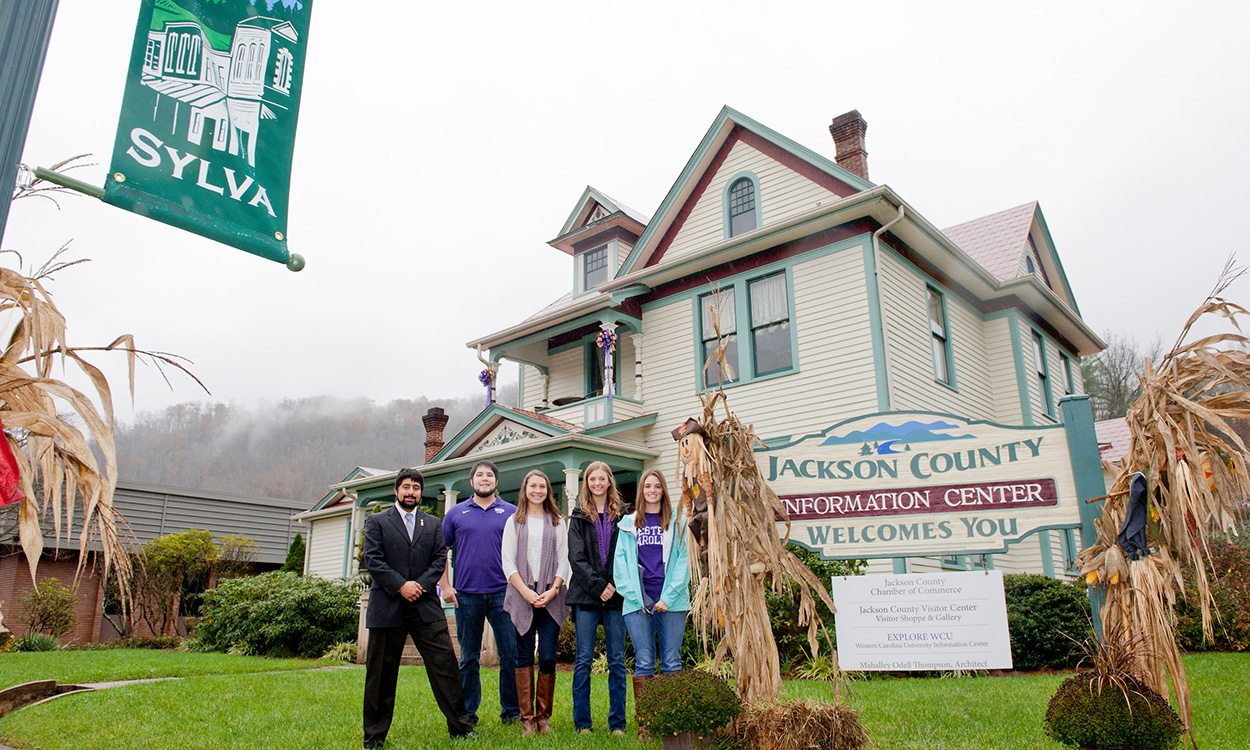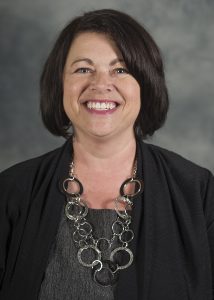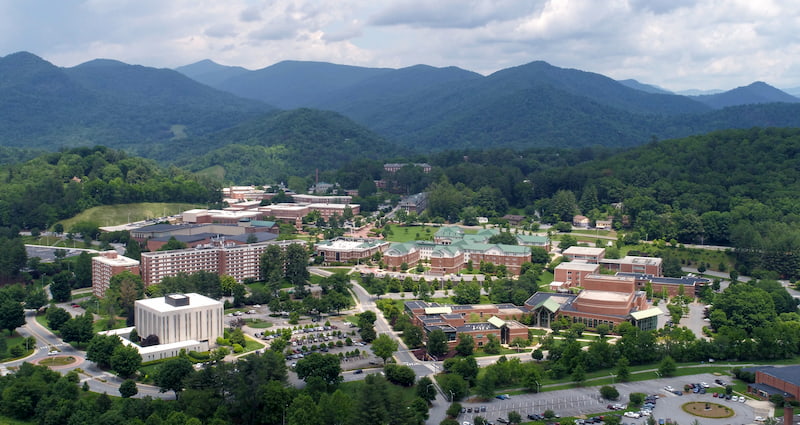Hospitality and tourism industry down, but not out, says WCU professor

COVID-19 has dealt a blow to the hospitality and tourism industry, but WCU assistant professor Angela Sebby believes they will bounce back in the coming months.
With the temperatures rising and flowers and trees starting to bloom, normally this is the time of year when people start to come out of their winterlong hibernation, looking to get outside.
That may entail visiting tourist attractions, staying in hotels, motels, Airbnb’s and vacation rentals, or frequenting restaurants. Unfortunately, all of that has been put on hold because of the COVID-19 pandemic that has most of the country on lockdown.
The state of North Carolina, as well as many others across the country, has issued a stay-at-home order, meaning people should only be out if they have essential jobs, are out to obtain critical needs like groceries or food, or exercising. Needless to say, it has placed a damper on the hospitality and tourism industry in Western North Carolina.
As tough as it has been on many hospitality and tourism businesses, the impact it could have been worse, said Angela Sebby, WCU assistant professor of hospitality and tourism.
“It is considered off-season right now. Occupancy during the winter months, and that would be January, February and March, is normally about 30 percent,” Sebby said. “Then you see an increase, especially on the weekends, as you get into April and May. But the peak season is normally summer and fall. So that is a good thing, but a bad thing. The good thing is that we’ve not hit peak season yet. The bad thing is that there are still quite a few businesses out there, small businesses, that still rely on the 30 percent coming in throughout the year and they don’t shut down for the year.”

Angela Sebby
The stay-at-home order prohibits people from staying at hotels and other accommodations for leisure purposes. Restaurants, which already had been forced to offer takeout services only, have taken the biggest hit, Sebby said, but she believes they can survive if people support them through takeout orders and purchasing gift cards for future use.
“It’s really hard because people like to go and sit down and eat at restaurants,” Sebby said. “It’s the whole experience of going into a restaurant. You’re going to sit down and eat, you’re going to share that experience with family and friends. We’re not having that experience anymore. You drive through the drive-thru, pick it up and take it home, which is hard.
“That is a form of entertainment for a lot of people, to go out to eat. I commend the people that are still going out there and supporting their local businesses because they love them. There’s a sense of community, especially in the Jackson County area. You’re supporting your neighbor, basically. I think it’s very important that we continue to do that.”
Sebby has been particularly impressed with how regional tourism development authorities, such as the Jackson County Tourism Development Authority, have stepped up to help small businesses throughout the area, providing resources on how to obtain loans and grants, and tips on how to stay afloat until things return to normal. While most visitor centers have closed, their kiosks are stocked with information.
“Explore Asheville has been very proactive encouraging people to do takeout dining with a list of restaurants, and purchasing gift cards,” Sebby said. “They have virtual vacations that let you explore Asheville from your home. One thing I’ve noticed they have done is they have a hashtag, ‘#ashevillestrong.’ I love what they’re doing with that #ashevillestrong, which links back to their Facebook page.”
Some experts at the World Health Organization predict that life could start to return to normal this summer. If that is correct, Sebby said the WNC hospitality and tourism industry would bounce back in a big way, just in time for peak season.
After all, with people shut-in for two-to-three months, they’ll be searching for things to do and places to go.
“I think once we get the ok that things are on the up, I think we’re going to see the TDA’s come out and say, ‘Please come and visit us.’ ” Sebby said. “And they’ll start encouraging people to start doing the overnight travel. We sort of look to the TDA’s to get an idea when they’re inviting us back.
“People will want to go out and travel. They’ll want to get outside. They’ll want to go to that restaurant and eat. They’ll want to stay in a hotel room because they’ve been in an apartment, or house, for what seems like forever. I think people will be ready to travel again.”

